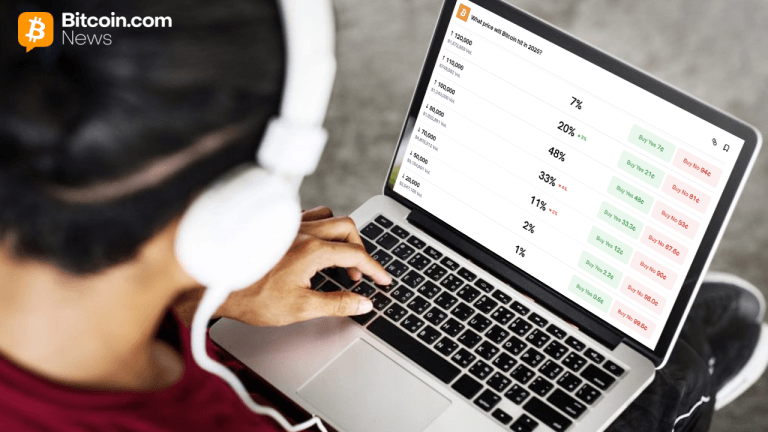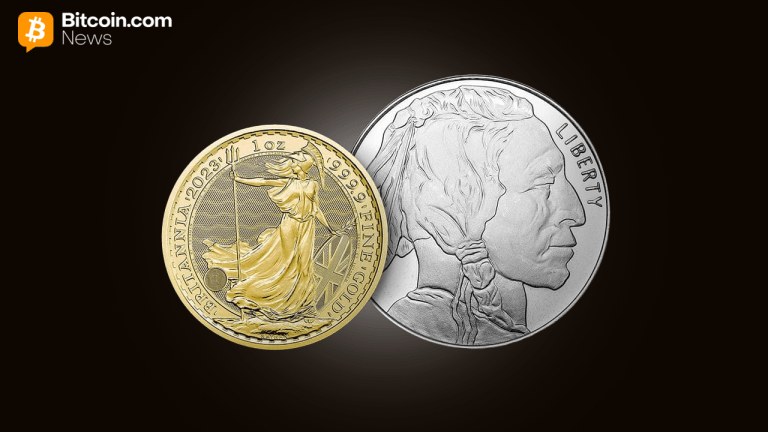What is spot trading in crypto and how does it work?
7 min read
Since their inception, cryptocurrencies have seen rapid growth and widespread market adoption, as evidenced by the assets tied to crypto assets that have started to appear in the portfolios and trading methods of numerous asset managers. The process of purchasing and selling cryptocurrencies to profit is known as cryptocurrency trading.
Trading in cryptocurrencies can be defined in terms of its objective, mode of operation and trading approach. For example, the asset being exchanged, or cryptocurrency, is the goal of cryptocurrency trading. The manner in which cryptocurrencies are traded depends on the type of transaction, such as futures, options or perpetual contracts that take place on the market.
An investor’s trading strategy for cryptocurrencies specifies a set of predetermined guidelines for buying and selling on cryptocurrency exchanges. One of the basic trading methods to invest in cryptocurrencies is spot trading, in which traders buy assets with the hope of selling them at a higher price in the future.
Related: Cryptocurrency investment: The ultimate indicators for crypto trading
This article will discuss what spot trading is, crypto spot trading signals, how to do crypto spot trading and what are the risks of crypto spot trading.
What is a spot market in crypto?
The base market, where crypto assets are instantaneously exchanged and settled, is known as a spot market, and trading in this market includes buying digital currencies like Bitcoin (BTC) or other altcoins and hodling them until their value rises.
Related: Bitcoin spot vs. futures ETFs: Key differences explained
It is called spot trading because the transactions are settled “on the spot.” Furthermore, spot markets include sellers, buyers and order books. Sellers make an order with a specific ask or sell price, and buyers place an order for any cryptocurrency token with a particular bid or purchase price. The bid price is the highest price that a buyer is ready to pay, and the ask price is the lowest price that a seller is willing to accept as payment.
The order book has two sides: The ask side for buyers eager to buy and the bid side for sellers willing to sell. The order book records bids and asks in the order book. For instance, in spot trading, if Bob makes an order to purchase BTC, this transaction will instantly go to the bid side of the order book. When a seller from the crypto spot trading platform is selling at the same specifications, this order is automatically filled.
The transaction continues to the ask side of the order book when Bob enters an order to sell BTC in the above crypto spot trading example. The orders in green in the order book reflect purchasers of a specific token, while the orders in red represent sellers of that token.
What is spot trading in crypto?
The goal of spot trading is to buy low and sell high in order to make a profit, but it’s not sure that this tactic will always work to the traders’ advantage considering the volatility of the crypto market.
The spot price, trade date and settlement date are the three crucial concepts in spot trading. The current price of any asset is called the spot price, and the traders can sell assets under consideration immediately at this price. Additionally, one can buy or sell cryptocurrencies with other users on various exchange platforms.
The spot price changes as new orders are placed and old ones are filled. The trade date initiates and records the transaction and represents the day the market actually carries out the trade. The assets involved in the transaction are actually transferred on the settlement date, also known as the spot date.
Depending on the sort of market being traded, there may be one day or several days between the trade date and the settlement date. For cryptocurrency, it usually happens on the same day, though it may differ among exchanges or trading platforms.
How does crypto spot trading work?
A market order on an exchange allows traders to purchase or sell assets at the best available spot price. A spot market typically offers a variety of currencies, including BTC, Ether (ETH), BNB (BNB) and even fiat. There are numerous methods for purchasing and selling coins on many cryptocurrency exchanges, and spot traders frequently use a variety of fundamental and technical analysis approaches to make trading decisions.
One can spot trade at centralized exchanges, decentralized exchanges (DEXs) or over-the-counter (OTC) markets. You must first fund your account with the cryptocurrency you want to trade to use a centralized exchange. On centralized exchanges, fees are often levied on listings, trades and other trading activities.
Blockchain technology is used by DEXs to match buying and selling orders, and crypto spot trading strategies can be done directly from a trader’s wallet thanks to smart contracts. Trading can occur directly on OTC platforms, through brokers that execute trades on behalf of their clients, or even over the phone in the internet age.
Pros and cons of crypto spot trading
When you purchase an asset at the spot price, one truly becomes the asset owner, allowing traders to sell it or relocate it to offline storage as they like. In addition, spot trading enables traders to use their cryptocurrency assets for additional functions like online payments or staking.
Moreover, spot trading is substantially less risky than margin trading, i.e., one can invest in crypto assets without worrying about losing money due to price changes and dealing with margin calls. As a result, the trader does not run the risk of contributing more of their own money or losing more money than they already have in their account because there are no margin calls.
However, the biggest drawback of spot trading is that it does not offer the advantage of any potential return amplification that leverage in margin trading might provide. Moreover, due to the absence of leverage, potential gains in the spot market are lower than those in margin trading.
How to spot trade crypto on Binance?
Once you’ve created a Binance account, spot trading on the platform is a straightforward procedure. Crypto spot trading fees on Binance for BTC and BUSD spot trading pairs is 0%. The steps to spot trade on Binance are as follows:
- On the Binance site, select “Trade” and then “Spot” to access the spot trading platform.
- The trading view interface, which has a few exciting elements, will now be visible to you.
- The cryptocurrency trading pair and other market data, such as the daily price change and volume, are displayed at the top.
- All open purchase and sell orders for an asset are listed in the order book, sorted by price. One can customize the historical price data in this chart view. TradingView, already included in the window, provides access to a comprehensive range of technical analysis tools.
- One can search for different trading pairs in the top right corner. By clicking on the tiny stars, one can save your favorite cryptocurrency pairs and select the cryptocurrency pair one wants to trade on the spot market.
- One’s purchase or sell order will be created in this section. They can select from the various order types: limit, market and stop-limit orders to conduct a spot trade transaction.
Spot trading vs. futures trading
As mentioned, spot trades are conducted instantly for immediate delivery. However, contracts on the futures market are paid for at a later time when a buyer and seller agree to exchange a specified quantity of items for that price. The buyer and seller often reach a financial settlement rather than hand over the asset after the contract expires on the settlement date.
Differences between these two types of trading are listed in the table below:
Spot trading vs. margin trading
Day traders open short-term trades with low spreads and no expiration date in spot trading to take quick delivery of the underlying asset. The difference between the offer (buy) and bid (sell) prices quoted for an asset is known as a spread in trading.
On the other hand, margin trading lets traders take on greater positions by borrowing money from a third party at interest to make significant gains potentially. However, it is essential to practice caution not to lose all of your initial investment because it also magnifies any potential losses.
Differences between spot and margin trading are summarized in the table below:
Is crypto spot trading profitable?
Traders generally apply a dollar-cost averaging strategy and wait for the next bull market to profit from spot trade. However, rewards come at the cost of patience, and nothing is instant in the volatile crypto market. Moreover, before trading in any crypto assets or utilizing spot trading strategies, it is wise to conduct due diligence and exercise risk management to avoid suffering losses. But, is crypto spot trading good for beginners?
Each investor has a different risk-return profile, and given the highly volatile cryptocurrency market, one should weigh the pros and cons of the trading strategy (in this case, spot trading) of their choice. This means that traders must use caution when deciding which assets to trade and must be well-versed in the market before they begin.





